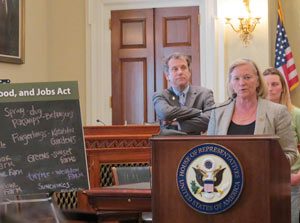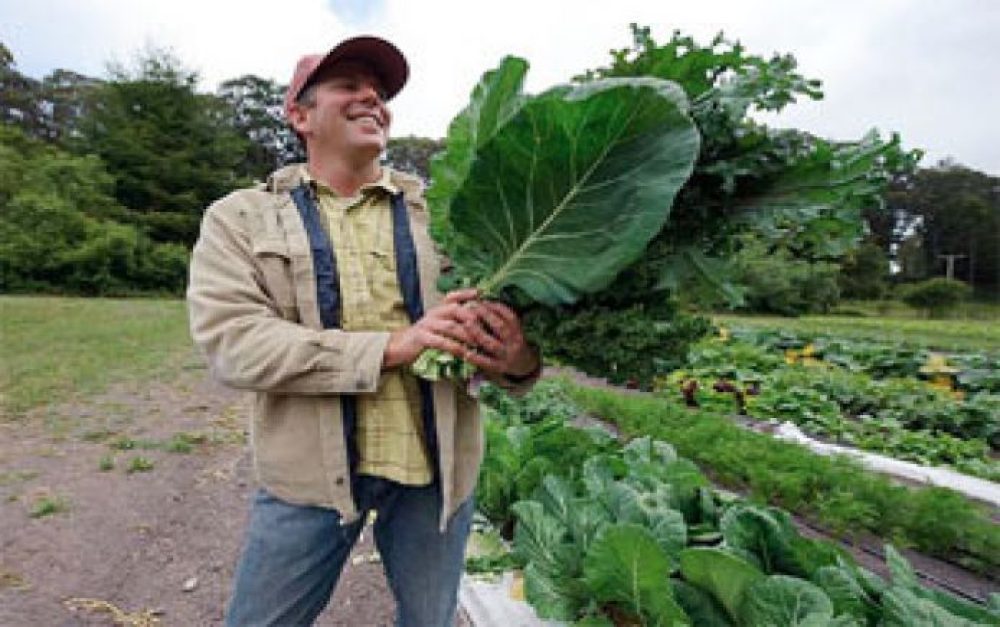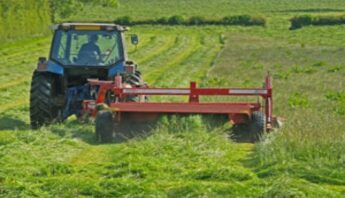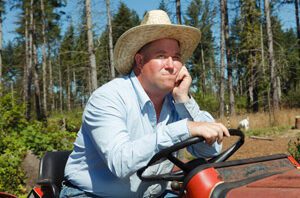There's plenty of Farm Bill news from DC these days. Hopeful proposals are in the works that support local food economies, family farms and conservation. But we still have lots of work to do to protect the good programs won in the 2008 Farm Bill — most were "stranded" without funding at the end of last year.
Here's a brief rundown of what bits of legislation are moving, what last week's budget proposal from the President means to farmers and conservation programs, and what's up next in the 2013 Farm Bill process.
The bottom line? We need to continue to press for a Farm Bill (and appropriate funding) that addresses key issues affecting farmers and farm communities, like climate change and the fast-growing list of problems linked to GE crops.
Local food & farm economies
The big picture good news is that Congress seems poised to finally pass a Farm Bill in 2013, following the fits and starts of last year. The first piece of the bill — the Local Farm, Food and Jobs Act — was recently introduced by Senator Sherrod Brown of Ohio and Representative Chellie Pingree of Maine.
My colleagues Marcia Ishii-Eiteman and Kristin Schafer attended the press briefing announcing the bill when they were on Capitol Hill last week.  They say the event was well attended, and featured a young local organic farmer.
They say the event was well attended, and featured a young local organic farmer.
This "marker" bill addresses seven different titles of the Farm Bill, including proposals on crop insurance, credit, nutrition, rural development, research and extension, horticulture, and livestock. The idea is that the support for local and regional farms and food markets outlined in this legislation will — eventually — be folded into the 2013 Farm Bill.
National Sustainable Agriculture Coalition (NSAC) members around the country are calling on their members of Congress to co-sponsor this important bill. Here in California we are happy to report that Representative John Garamendi recently joined the ranks of co-sponsors.
The next marker bill will be the Beginning Farmer and Rancher Opportunity Act. This legislation was introduced last year too, and is expected to drop again next week. Stay tuned! It’s gearing up to be a busy next few months.
Next up: Budget battles
This week the proposed President's budget was in the news, and in 1-2 weeks we can expect to see final House and Senate budget lines drawn in the sand. From there through the summer, we'll be tracking the continuing budget negotiations alongside the drafting of the new 5-year Farm Bill.
The President’s budget is a mixed bag for sustainable agriculture. His proposal includes big cuts to many conservation and sustainable agriculture programs — a very bad thing. It also eliminates direct payments (those big payments to commodity crops such as corn and soybeans), and reduces crop insurance subsidies — which could be a move in the right direction, but the current version fails to include an adequate replacement safety net program for farmers.
For lots more details, check out the great budget analysis put together by our NSAC colleagues.
Take home message
Now is most certainly not the time to do further damage to conservation efforts — farmer demand for these programs exceeds supply by multiple factors. In the face of severe erosion, water depletion, mounting energy prices and one of the worst droughts in decades, we need a bigger — not smaller — investment in farm conservation to protect the land that is our long-term food security.
If you've already made calls to urge your Senators and Reps to support a family farmer friendly Farm Bill — thank you! Well keep you posted as more opportunities arise to help make sure that the 2013 version of this important legislation protects farmers and the environment alike.








